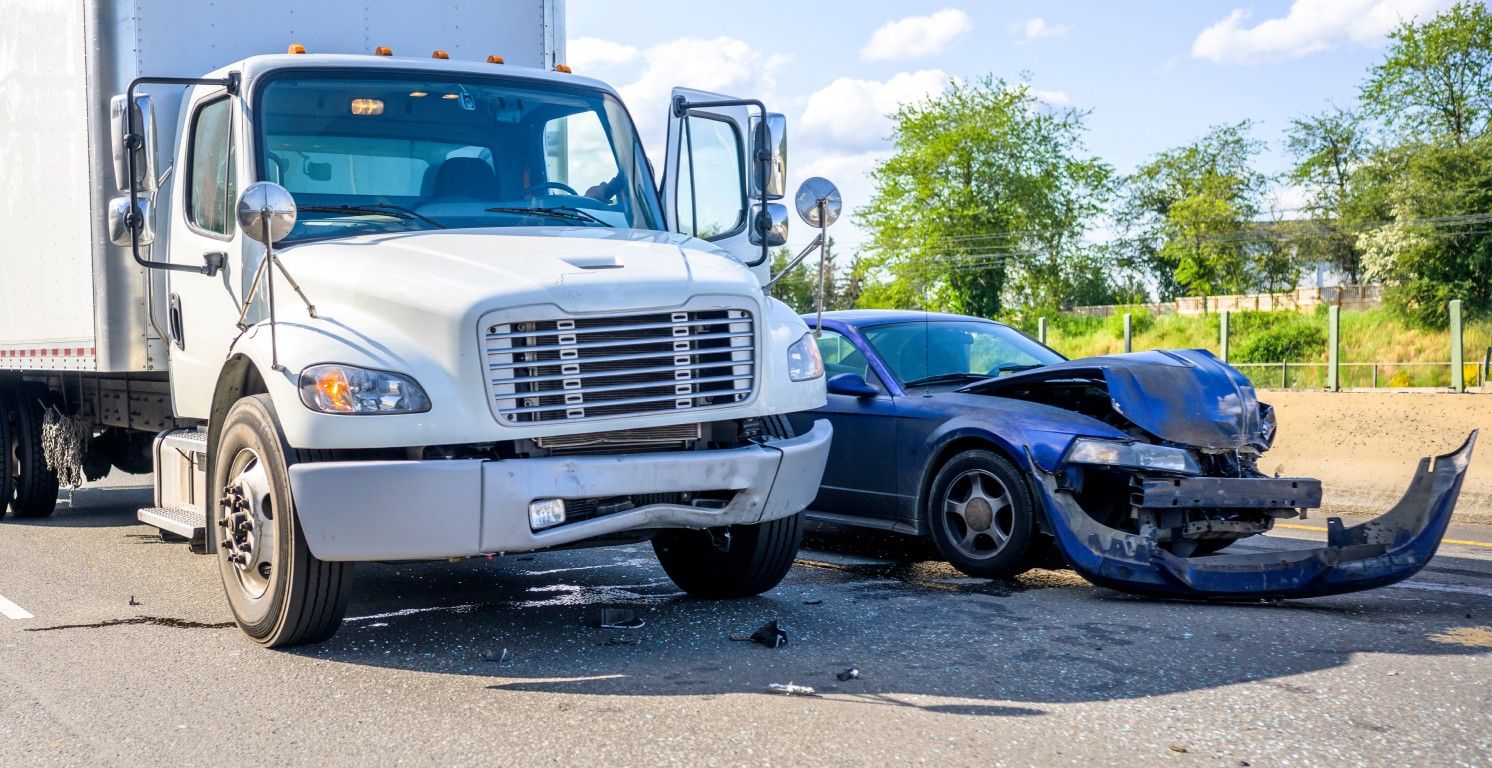When a serious truck accident happens, one of the most critical tools in determining the cause is something many people don’t even know exists: the truck’s black box. Also known as an Event Data Recorder (EDR) or Electronic Control Module (ECM), this device records important data about the truck’s performance and driver actions leading up to a crash by best truck accident lawyers. In modern investigations, black box data can provide powerful evidence to support a personal injury or wrongful death claim.
What Is a Black Box?
A black box in a commercial truck is a computerized system that captures and stores information about how the truck operates. It is similar in function to the flight data recorders used in airplanes. These devices are typically built into the truck’s engine control systems and can track a wide range of data, including:
-
Speed before impact
-
Sudden braking or deceleration
-
Throttle position
-
Gear shifts
-
Steering inputs
-
Cruise control status
-
Engine RPM
-
Time driven
-
Airbag deployment
-
Whether the driver wore a seatbelt
Some modern trucks also include GPS data and driver alertness systems that track lane changes and fatigue warnings.

Why Black Box Data Is So Important
Black box data provides objective, timestamped records of the moments leading up to a crash. This information is incredibly valuable in an accident investigation for several reasons:
1. Confirms or Disputes Eyewitness Testimony
People involved in accidents may have differing accounts. Black box data can confirm the actual speed of the truck, whether the driver braked, or if there was a sudden swerve. It takes the guesswork out of the equation.
2. Reveals Driver Behavior
If a truck driver was speeding, accelerating aggressively, or failed to apply brakes in time, the black box can show it. This data is often used to prove driver negligence.
3. Supports or Challenges Claims of Equipment Failure
If a trucking company claims brake failure or mechanical error, the black box may confirm if the brakes were applied or if the engine showed signs of malfunction before the crash.
Who Can Access the Black Box?
Accessing black box data can be a challenge. Trucking companies may be reluctant to hand over the device or its data, especially if they are at risk of liability. That’s why it’s crucial for victims to:
-
Act quickly after a crash
-
Hire an experienced truck accident attorney
-
File a legal motion (if needed) to preserve and access the data
If the black box is not preserved, valuable evidence could be lost, altered, or deleted.
How Lawyers Use Black Box Data
Attorneys often partner with accident reconstruction experts to interpret black box data. Together, they can recreate the chain of events leading up to the crash and determine fault. This information is particularly useful when:
-
The truck driver denies wrongdoing
-
Multiple vehicles are involved
-
Liability is disputed by insurers or other parties
Black box data can also be used during settlement negotiations or presented in court as compelling, fact-based evidence.
Can the Data Be Used in Court?
Yes. Courts accept black box data as admissible evidence in most jurisdictions. However, the data must be properly obtained, preserved, and authenticated. A skilled legal team will ensure this process is handled correctly, preventing the trucking company from claiming the data is unreliable or unusable.
Conclusion
In the complex world of truck accident investigations, black box data can be a game-changer. It provides reliable, science-backed insights into the cause of a crash, helping victims seek justice and full compensation. If you or a loved one has been involved in a truck accident, don’t underestimate the importance of this critical evidence—and don’t wait too long to act. The data could disappear, but the truth it holds could change the outcome of your case.
Comments on “The Role of Black Box Data in Truck Accident Investigations”